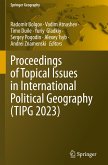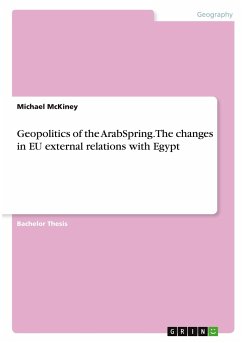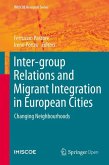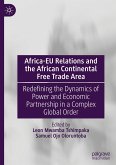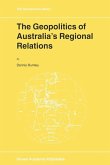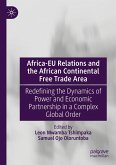This book addresses the ongoing need to explore the implications of the Anthropocene rupture for the field of International Relations (IR). Bringing together a group of established and early career academics, the chapters present a range of different ways of framing our current ecological and historical context, showing how they can be used to pursue new research directions and insights in areas of study such as governance, security, and migration. For that, each author displays their own preferences for a variety of divergent terms, ranging from more mainstream conceptions of an Anthropocene, to alternatives such as for instance the Capitalocene or Technocene. The book pursues a critical engagement with these different framings, unearthing, assessing and evaluating the ontopolitical assumptions which underpin them. In this way, the book aims to make an important political and ethical contribution to debates on the Anthropocene and its implications for the field of IR, engaging rigorously with scholarship largely from outside the more typical US-North European axis. In confronting the growing interest in the ontopolitics of the Anthropocene, which this book conceptualises within a variety of registers, this is a vital read for scholars and advanced students in IR, but also researchers in cognate or related disciplines such as law, geography, anthropology, sociology, and the arts.
Bitte wählen Sie Ihr Anliegen aus.
Rechnungen
Retourenschein anfordern
Bestellstatus
Storno


